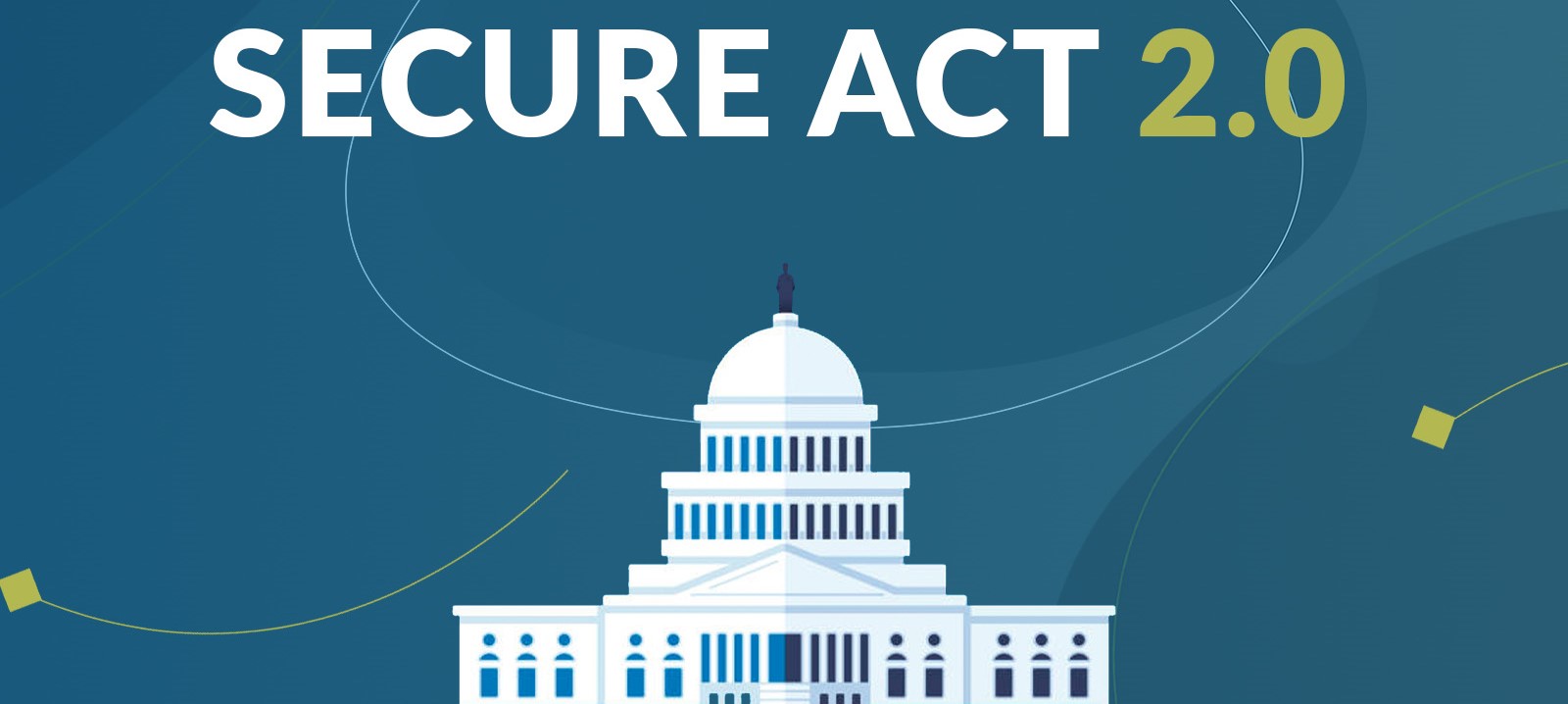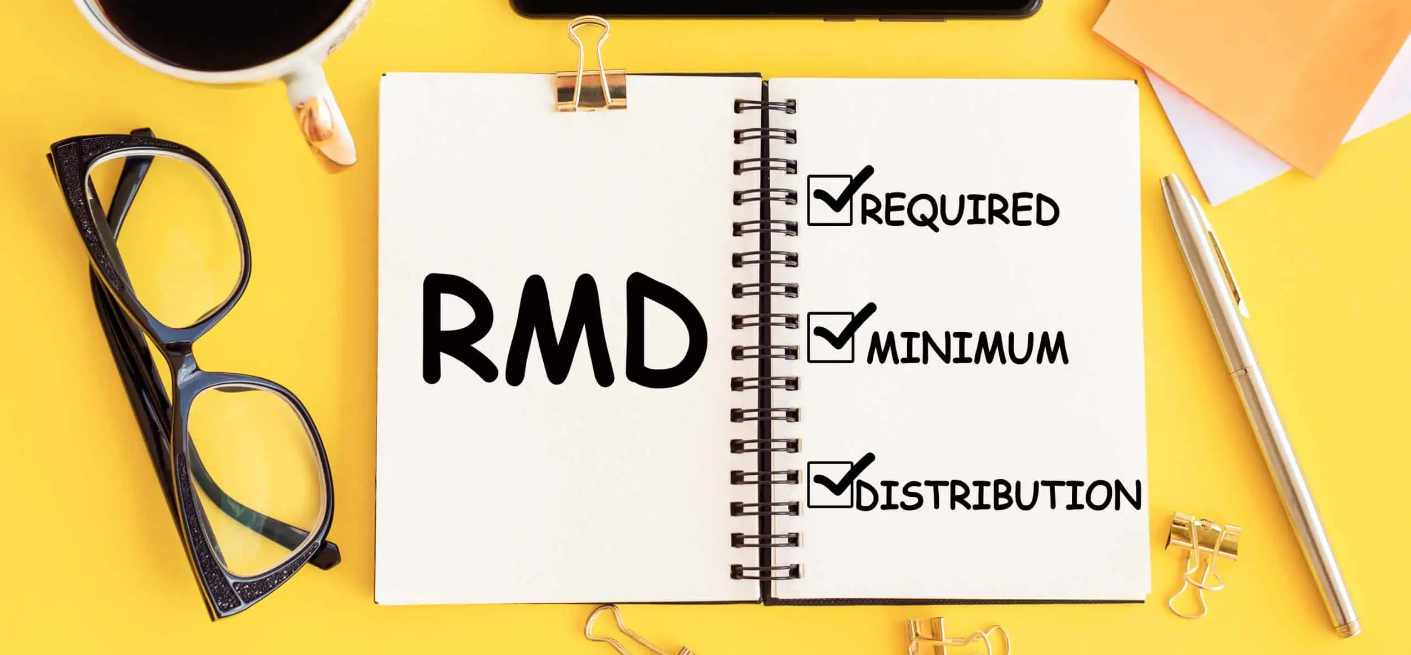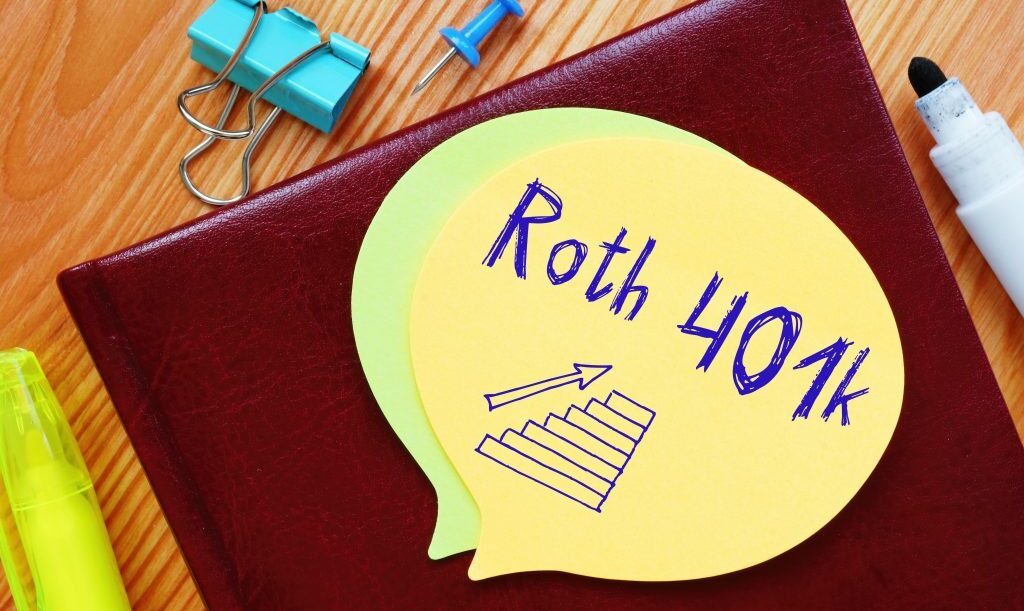By now, you probably know that several SECURE 2.0 provisions about 401(k) (and other company savings plans) became effective this year. We’ve already discussed two of them in The Slott Report. The first is that Roth 401(k) accounts, like Roth IRAs, are now exempt from RMDs. The second is that plans permit employees to have employer contributions made to a Roth account. (Another SECURE 2.0 change requires higher-paid age-50-or-older plan participants who want to make catch-up contributions to make them as Roth contributions. That change was originally supposed to take effect this year, but the IRS delayed it until 2026.)
Here are two other 401(k) SECURE 2.0 changes effective now:
- Matches on Student Debt. 401(k) (and 403(b), 457(b), and SIMPLE IRA) plans are allowed to make matching plan contributions on student loan repayments made by employees. This is optional, not mandatory. A match can be made on debt incurred by an employee for the employee’s education or the education of a spouse or dependent. In addition, employees must certify their loan repayments at least annually. Although there has been interest among employers in adding this new match, most have been reluctant to do so because the IRS hasn’t yet provided any guidance on several unanswered questions.
- Emergency Savings Accounts. Another new optional feature for employers is to offer lower-paid workers a special sub-account within a 401(k) (or a 403(b) or 457(b)) plan for emergency savings contributions made on a Roth basis. Lifetime employee contributions to these accounts are limited to $2,500 (or a lower amount set by the employer). These contributions must be held in safe investments, and there are relaxed distribution rules, including no 10% penalty for those under age 59 ½. A recent study shows that about 25% of employers are interested in adding this feature to their plans. Within the past several weeks, both the IRS and DOL have issued helpful guidance on these new accounts.
Two other 401(k) SECURE 2.0 changes don’t kick in until 2025:
- Automatic Enrollment. Most newly established 401(k) (and 403(b)) plans will be required to automatically enroll employees in the plan – unless the employee chooses to opt-out. This provision doesn’t apply to plans established before December 29, 2022 – the date SECURE 2.0 was enacted – or to small businesses with 10 or fewer employees, new businesses (those that have been in business for less than three years), and church-sponsored or governmental plans.
- Higher Catch-Ups. Employees aged 60, 61, 62, or 63 will be allowed to make catch-up contributions to a 401(k) (or to a 403(b) or 457(b)) above the regular catch-up limit. The age 60-63 catch-up limit for 2025 will be $11,250 (150% of the regular limit for 2024). Higher catch-ups will also be available for SIMPLE IRA participants.
By Ian Berger, JD
IRA Analyst











